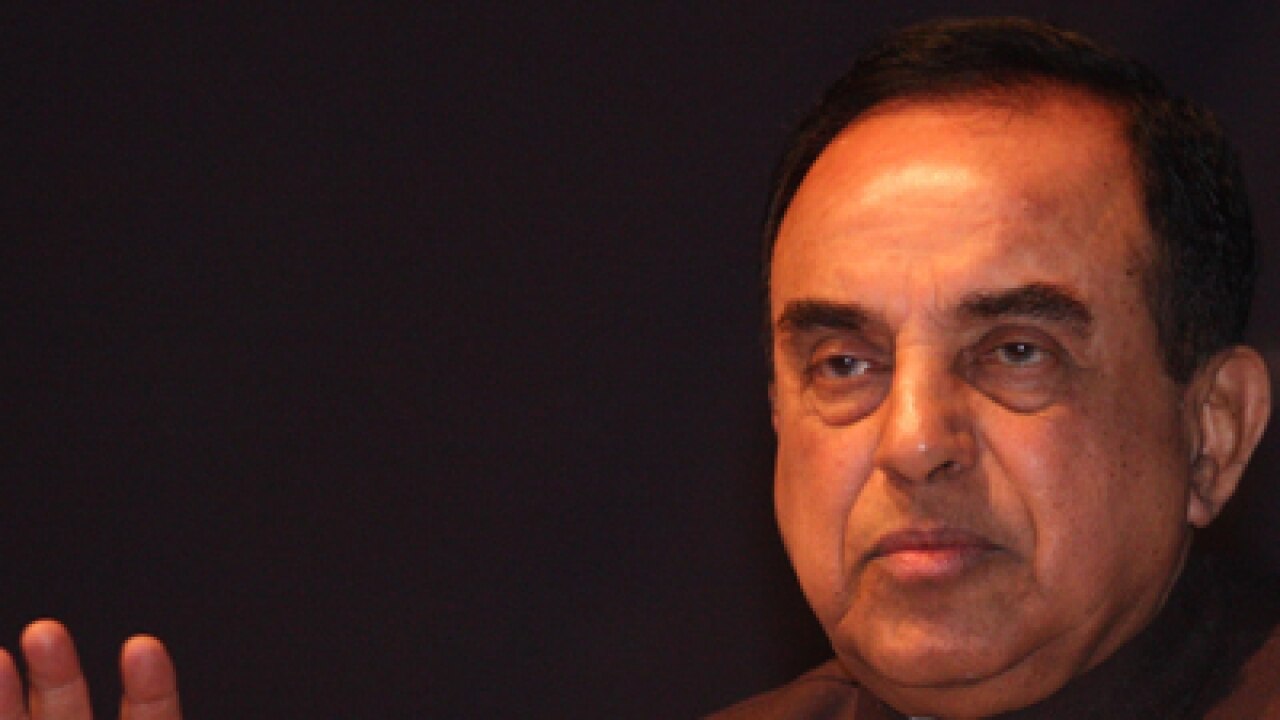
By taking an emphatic stand that laws incriminating hate speech must remain on the statute, the Union home ministry has sent out the strongest message yet that the recent actions of Hindutva rabble-rousers do not have the sanction of the central government.
BJP leader Subramanian Swamy had approached the Supreme Court challenging the constitutional validity of Sections 153, 153A,153B, 295, 295A, 298 and 505 of the Indian Penal Code. Section 153A punishes acts that promote enmity between different groups on grounds of religion, race, residence, language. Section 153B criminalises imputations and assertions prejudicial to national-integration, while Section 295A deals with deliberate and malicious acts, intended to offend religious sentiments, and Section 298 deals with words that are verbalised with deliberate intent to wound religious feelings of any person.
Swamy, who is facing charges under many of these sections for expressing views on terrorism and targeting a particular community, claims that they are violative of the fundamental right of free speech, and were penalising people even when they remained well within the reasonable restrictions on free speech in Article 19(2) of the Constitution. He also claimed that these sections curbed a vibrant and vigorous public discourse that is essential to a lively democracy. Swamy’s arguments do make for an excellent legal debate, which is perhaps the reason why the Supreme Court admitted his petition and sought the Centre’s response. We also have the example of countries like the United States which guarantees unconditional free speech. But there is a reason the Indian Parliament has been forced to amend the colonial-era Indian Penal Code and insert or rephrase most of the sections that Swamy now wants repealed. The manifestations of communal passions and bloodletting witnessed during the Partition have been since followed by innumerable minor and major incidents of rioting on religious, linguistic, caste and regional lines, and most of these acts of violence have been carefully stoked by vested ideological and political interest groups and parties.
It is debatable whether the laws incriminating hate speech have succeeded in achieving their ends. But that is also because of the failure of the State to prosecute culprits. As a matter of routine, FIRs are lodged and the matter is laid to rest without attempting to file charge sheets and pursue the process of trial. When Maharashtra politician Abu Azmi was convicted in 2012 for a hate speech he delivered in 2000, it was reported to be the first such conviction in the state; this, in a state which has had more than its share of violence against Muslims, South Indians, Gujaratis and trade unionists. Even those caught on camera making hate speeches like Varun Gandhi, for instance, have been acquitted, revealing the low priority attached to these crimes. The long list of open FIRs declared by most politicians in their poll affidavits is a testimony to a criminal justice delivery system that does not take criminal cases to their logical conclusion.
If the central government’s affidavit in the Supreme Court is meant only to ensure that these sections remain on the statute book, then little good will come out of it. That the Centre did not hedge in categorising Swamy’s book as an example of hate speech is reassuring, considering that he is a senior BJP leader and Hindutva ideologue. The central government affidavit states that if “people were permitted to freely attempt to commit acts promoting feelings of enmity or hatred between different classes of the citizens of India, the result would be public disorder. There may be riots or commission of offences.” The present atmosphere of intolerance has developed despite the laws preventing hate speech and other offences. It is not enough to merely have laws. Unless punishment is meted out quickly and justly, the usual suspects have little to fear.